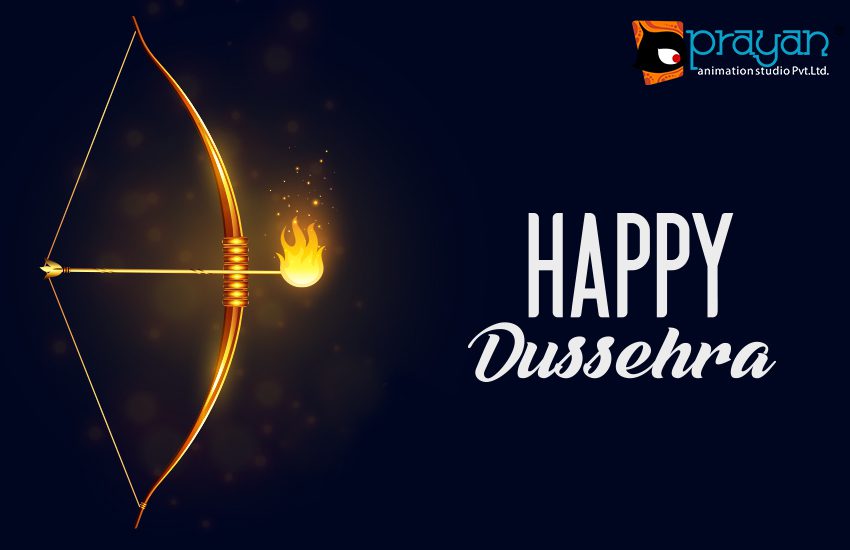8th October: Happy Dussehra – Vijaya Dashmi

Dussehra marks the victory of good over evil in India. Interestingly, Dussehra in different parts of India is celebrated for different reasons. This year, Dussehra falls on the 8th of October. The Vijay mahurat is timed between 2:04 pm to 2:50 pm. The Dashami tithi begins at 12:37 on Oct 7 and ends at 2:50 pm on Oct 8. Dussehra is celebrated exactly 20 days before Diwali.
As mentioned earlier, Dussehra is celebrated for various tales of the triumph of good over evil across the country. While one part of the country observes Dussehra or Vijaya Dashmi as the 10th day of the month of Ashwin, many consider this to be Goddess Durga's victory over the evil demon Mahishasur. Meanwhile, another sect of the country celebrates Dussehra as the day when Lord Rama defeated Ravana after a long nine days' battle to free his wife, Goddess Sita. One of the reasons why Dussehra is also known as Vijayadashmi is to commemorate the victory of Goddess Durga's battle against the demon Mahishasur, which concluded on the 10th day of Navratri. Many observe Dussehra as the end of Ravana at the hands of Lord Rama. Hence, you will find a lot of theatre actors or play artists perform Ramlila on the said day. Interestingly, on the same day, Arjuna also managed to decimate about a lakh or more soldiers to defeat all the Kuru warriors which also include Bhishma, Drona, Ashwatthama, Karna, Kripa and more. Basically, Dussehra, with its various purposes, is eventually celebrated to commemorate the victory of dharma over adharma.
As mentioned earlier, Dussehra is celebrated for various tales of the triumph of good over evil across the country. While one part of the country observes Dussehra or Vijaya Dashmi as the 10th day of the month of Ashwin, many consider this to be Goddess Durga's victory over the evil demon Mahishasur. Meanwhile, another sect of the country celebrates Dussehra as the day when Lord Rama defeated Ravana after a long nine days' battle to free his wife, Goddess Sita. One of the reasons why Dussehra is also known as Vijayadashmi is to commemorate the victory of Goddess Durga's battle against the demon Mahishasur, which concluded on the 10th day of Navratri. Many observe Dussehra as the end of Ravana at the hands of Lord Rama. Hence, you will find a lot of theatre actors or play artists perform Ramlila on the said day. Interestingly, on the same day, Arjuna also managed to decimate about a lakh or more soldiers to defeat all the Kuru warriors which also include Bhishma, Drona, Ashwatthama, Karna, Kripa and more. Basically, Dussehra, with its various purposes, is eventually celebrated to commemorate the victory of dharma over adharma.














 We can help you.
We can help you. 




